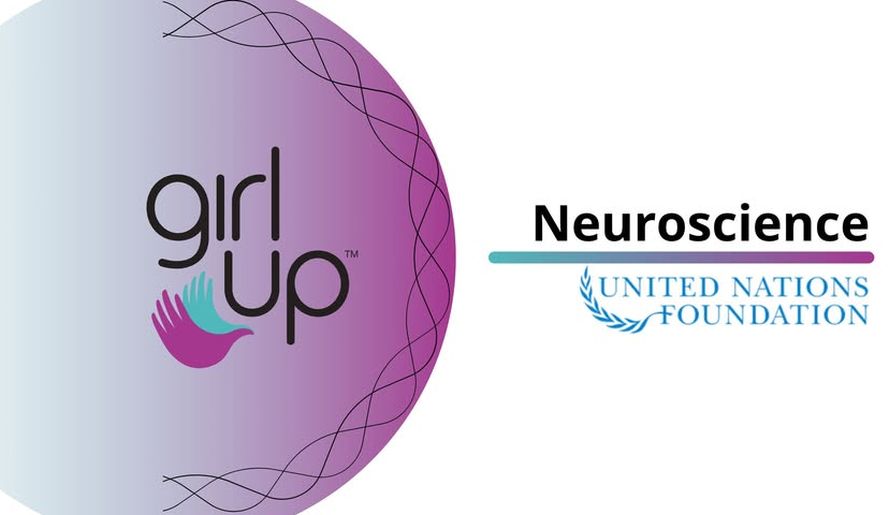Food Safety and Romanian Consumers
EU officials declared 2015 as the European Year of Development, to emphasize the way in which the community bloc helps societies and states outside it develop.

România Internațional, 27.05.2015, 13:32
EU officials declared 2015 as the European Year of Development, to emphasize the way in which the community bloc helps societies and states outside it develop. Each month of the year is dedicated to a set of activities part of a specific theme. Among them is food safety, with an emphasis on eradicating malnutrition, which kills over 3 million children every year. In Romania, however, food safety is relevant in other areas: how safe are food articles in shops or farmer markets? There are several government institutions that are supposed to make sure that Romanians put safe food on the table. Among them, the National Authority for Consumer Protection, as well as the National Sanitary, Veterinary and Food Safety Authority. All these institutions run checks on producers and sellers to make sure they provide consumers with safe products, as Agriculture Minister Daniel Constantin assured us:
“In terms of food safety, I believe that today, in 2015 Romania, considering the legislation we have, few consumers are still skeptical in terms of food safety and quality, especially if we talk about authorized spaces. This is the message that we have kept trying to send: anything that goes out the door of a slaughterhouse or processing unit is safe. Every licensed store has safe merchandise. There are a lot of state institutions that have a certification role, checking if a certain product is safe or not. I, as a consumer, if I go to buy a product, I know very clearly where the merchandise comes from. However, in a farmers market there are problems with where cheeses or other products come from, such as apples. I cannot check if they really come from Voinesti, for instance. Before 1 May, when we introduced the seller certificate, we could not trace those products. Today, the holder of a seller certificate has the obligation to list the products place of provenance.
Even so, not all buyers are sure that the foodstuffs in stores and markets are healthy or natural. In a supermarket we met Nicu, and asked him how safe the food seems to him:
“Honestly, Im not sure they are safe, considering all the chemicals they contain. Then there are the E substances present in some products. The advice form the authorities is to read the label, but this is difficult. Elderly people or those who dont have enough education find it difficult to read labels. At the same time, you can tell by the taste of the products that they are not the ones we were used to. Products are not natural, vegetables arent natural any more, in stores or in markets.
We asked Nicu if he would prefer organic products:
“Those are expensive, because they are hard to get. Ideally we should all be eating organic, but on the other hand we cant afford them. All the products on the market should be organic.
Another shopper, Catalina, is skeptical about both organic and regular products:
“They are not safe, either of them, organic or not; its not necessarily about the chemicals, but about deviation from the normal. Their composition is totally modified. Its one thing what the label says, and another what they put in the product. A buyer cannot check the accuracy of what it says on the label. I am talking about everything: cold cuts, canned food, fruit and vegetables.
Catalina believes that the fact that products are not 100% natural can cause health problems:
“Even if they are not visible right away, they cause problems with digestion and other food related ailments, which emerge in time. I am talking about digestive tract problems, tooth problems, etc. In our country, fruit and vegetables in stores are ionized to prolong shelf life. In addition, they are treated with pesticides.
Some consumers believe that one of the ailments that creeps up on consumers is cancer, partly because of additives and E substances in industrially processed food, which can be found abundantly in any store, and which many people avoid. Here is physician Corina Zugravu, with the National Public Health Institute, reassuring us:
“Whatever is permitted in the EU is permitted here, and vice-versa. Associating cancer with substances introduced in food is false by definition. When additives are researched, the first test they have to pass is causing cancer. If there is the smallest chance for an additive to cause cancer, it is banned. There is no way it will get into foods. The public, however, has a big problem. Its much easier to blame an additive for a serious disease, transferring on it responsibility for what in fact is an unhealthy lifestyle or bad nutrition, which have caused a heart disease, for instance.
In spite of all this, nutrition experts are quick to point out that a healthy and balanced lifestyle should contain unprocessed fruit and vegetables. Here is Dr. Zugravu again:
“On the other hand, it is equally true that processed foods are far from ideal in a healthy nutrition. You can find healthy alternatives in stores and markets. Some of them are processed so much because consumers themselves demand them. Our consumers love very sweet and very salty foods.
In the end, food safety is a responsibility shared by government and consumers, in terms of checking and choosing the right products.






























